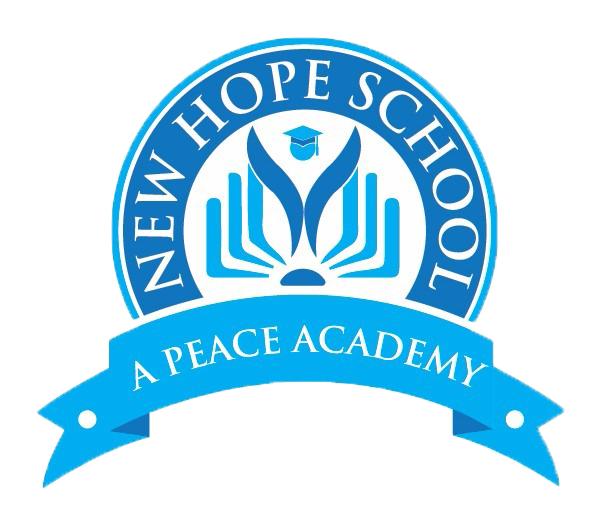Strong Children
By Mose Durst, Ph.D.
Every teacher knows that how parents impact their children directly affects what can be accomplished in the classroom. "Spare the rod and spoil the child" is one recipe at home for the punishment-oriented classroom. Allow the child as much freedom as possible at home, and the classroom becomes a playground. Parents and educators struggle to find a formula that will produce intelligent, responsible, happy children at home and at school.
Positive psychology, a discipline that focuses on the strengths of children, has brought significant results at school and can be brought into the home. The basic assumption of this branch of psychology is that each of us has potential strengths that can be developed through appropriate activities, exercises, and conversation with children.
So, for example, when a child acts selfishly, a parent can point to a time when a child was generous. If a child receives a gift and fails to acknowledge the gift giver, rather than being chastised, a child can be reminded of a time when she was grateful.
By focusing on the potential strengths of a child, and this can be applied to adults as well, positive energy is released that will enhance the well-being of the child. This process, what Lea Waters describes as "Strength based parenting" in her book The Strength Switch, leads to positive behavior by the child toward others as well as a sense that actions will bring positive results.
Martin Seligman, often called the father of positive psychology, has identified strengths that he has outlined in a kind of periodic table. They include creativity, bravery, kindness, enthusiasm, prudence, humor, etc. One can think of dozens more. By parents helping children identify their strengths, a partnership between parent and child is established for further development.
"A parent's role is to guide children in positive uses for their strengths", writes Prof. Waters. As use becomes a habit, children move from potential strengths to actual strengths. Practice may not bring perfection, but practice makes better. A parent can help a child reflect on situations where the child exhibited a particular strength, thus reinforcing both awareness and pleasure. Perhaps the most powerful thing a parent can do is to be a model of the kinds of strengths she wishes to see in the child.
Waters identifies several strengths that are of especial importance. Gratitude, for example, involves humility, respect, honesty, caring, and a number of other strengths. I have suggested that students, at the end of the day, write down their examples of gratitude from their experience each day.
Mindful meditation is another practice recommended by Waters and is as relevant in the classroom as well as at home. Children are often flooded with emotions and lose sign of problems they face. Simple breathing exercises, even for a few moments, can help a child focus, be presents, and sort through confusion to clarity and good choices. When a class is unruly, I ask students to stand, close their eyes, and follow the awareness of their breathing. This will sometimes calm the student, the teacher, and the class.
What this last example points to is that positive practices are as relevant in the classrooms as well as the home. Parents and teachers can share their experiences. The Values in Action youth survey website (viacharacter.org) can help the parent and teacher identify a child's strengths and weaknesses. Parents, teachers, and students can then work together in developing strengths.
The result of all their efforts is that a child learns to make good choices based on core values. Strengths are in essence virtues that lead to creating good character. We all want intelligent children but, more important, we need respectful, responsible, loving human beings who bring value to themselves and others.
If a child has parents and teachers who seek to develop their strengths, a caring community is the last leg of a tripod that insures that child will grow well. A child growing up in this environment will feel that the world makes sense and, consequently, use his life in a sensibly purposeful way.
About the Author
Dr. Durst is President of The Principled Academy, a sister school of New Hope School, located in San Leandro, CA.
VIACHARACTER.ORG
Character Strengths, Character Building Experts: VIA Character
Discover your character strengths in 10 minutes with the free
